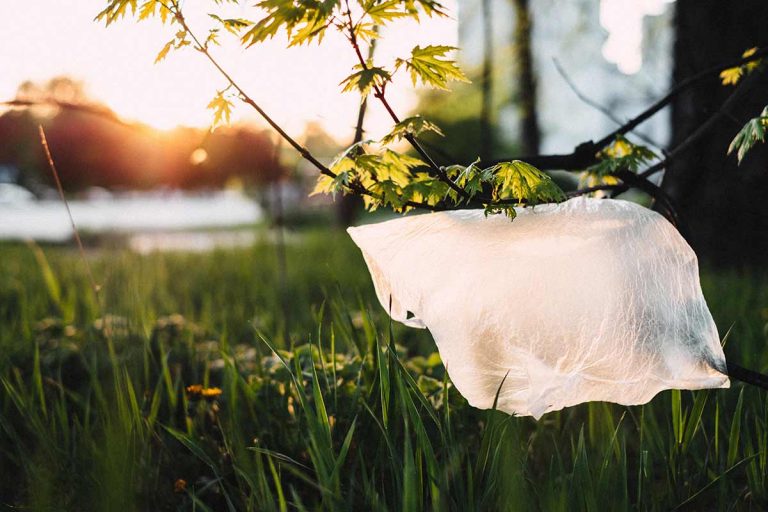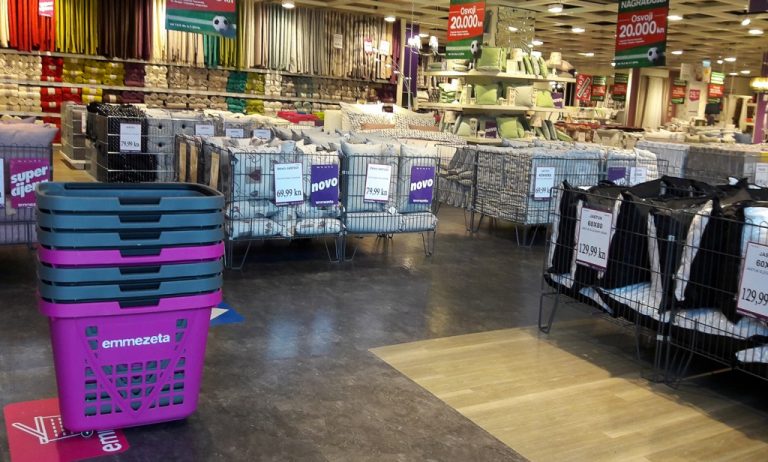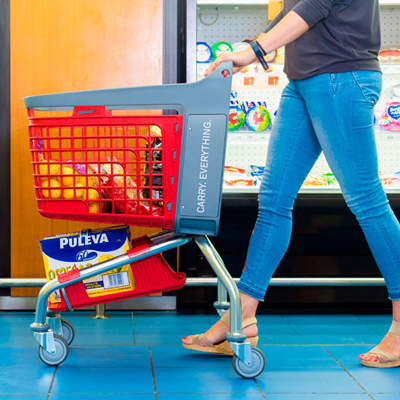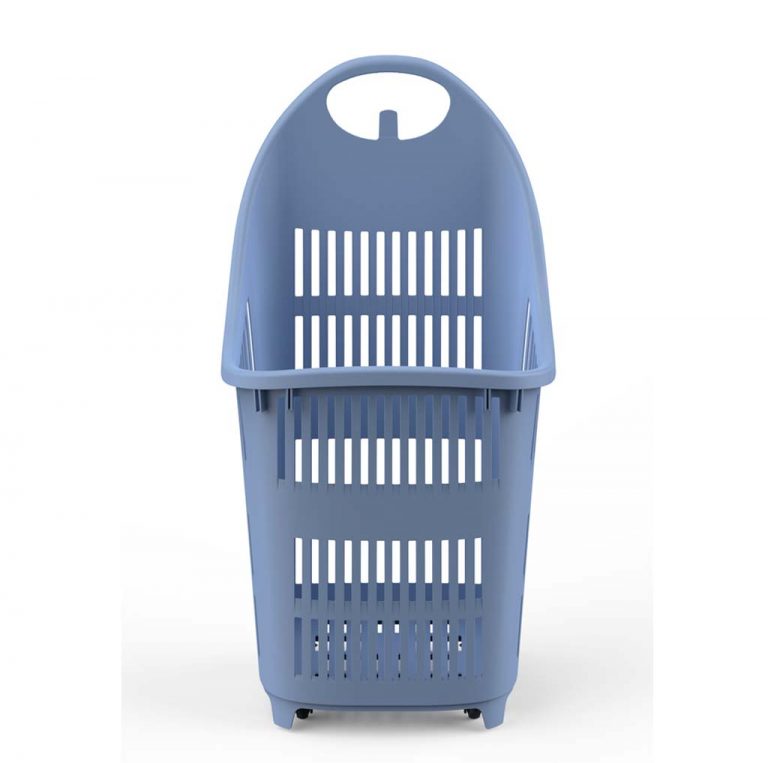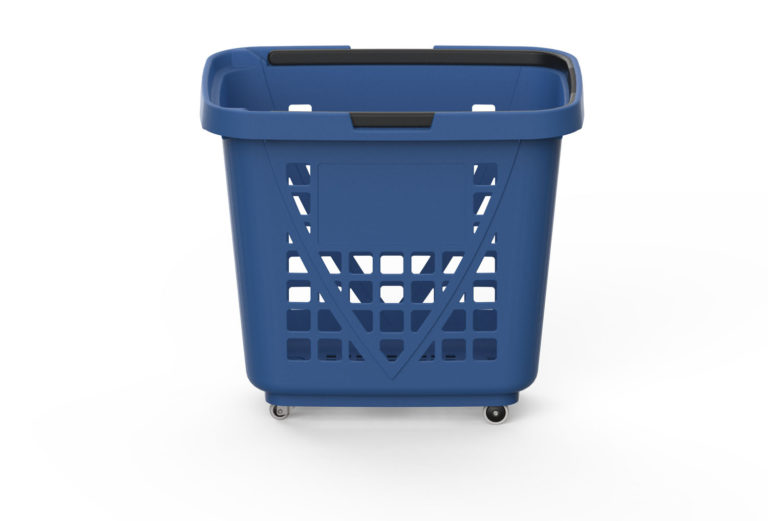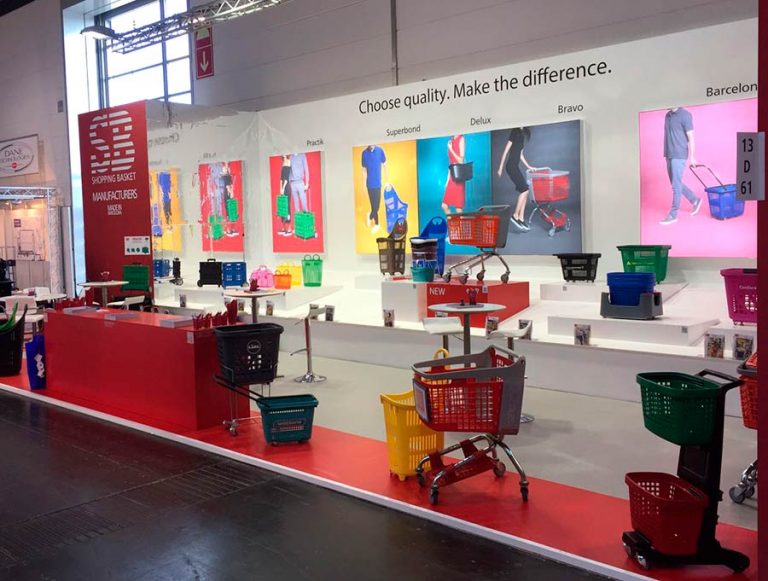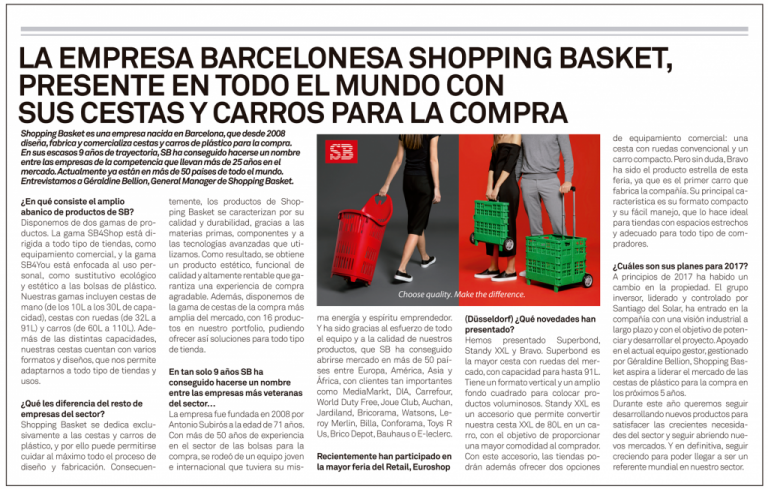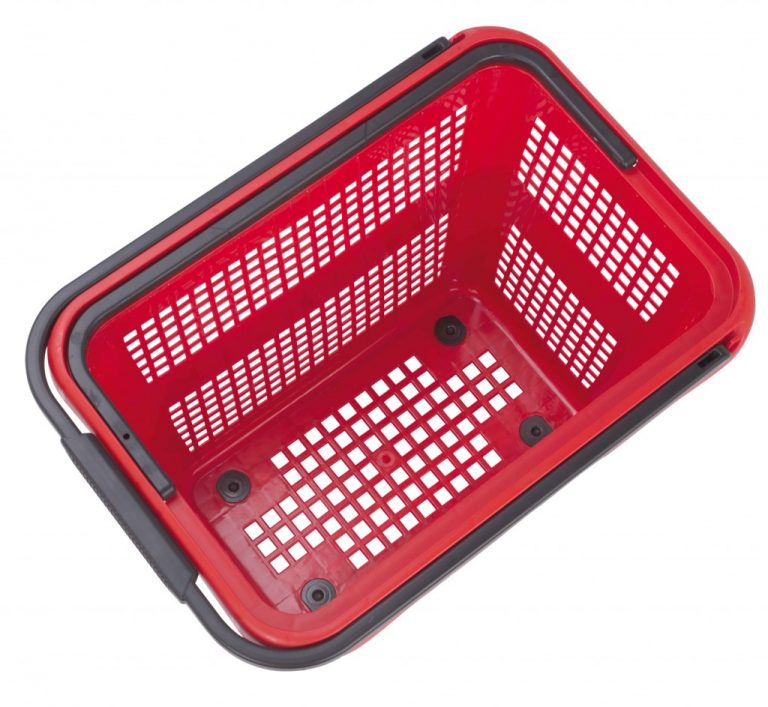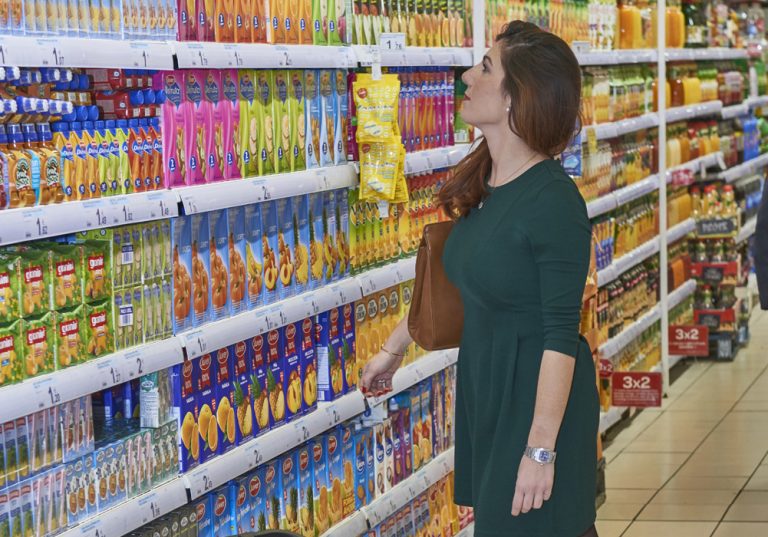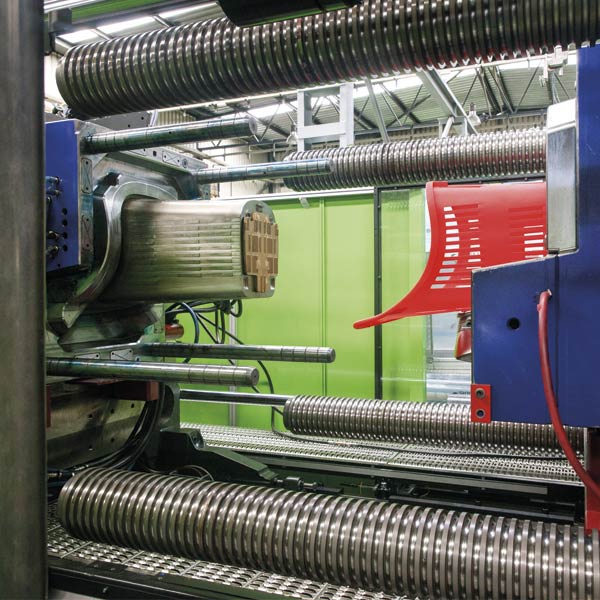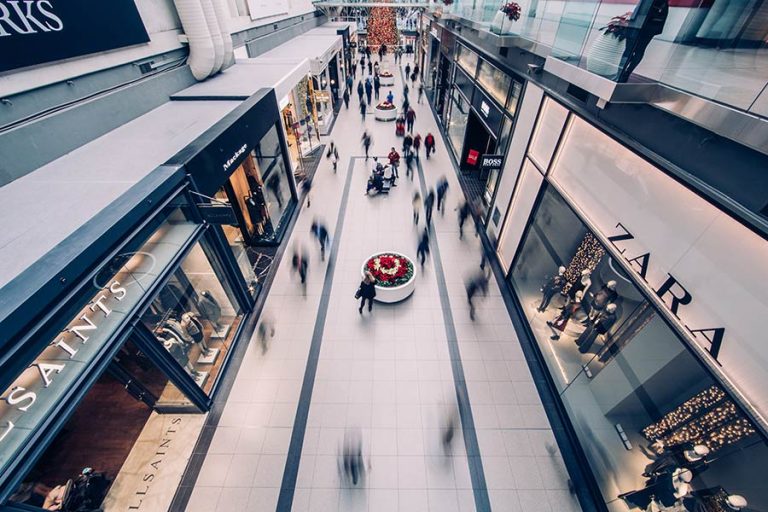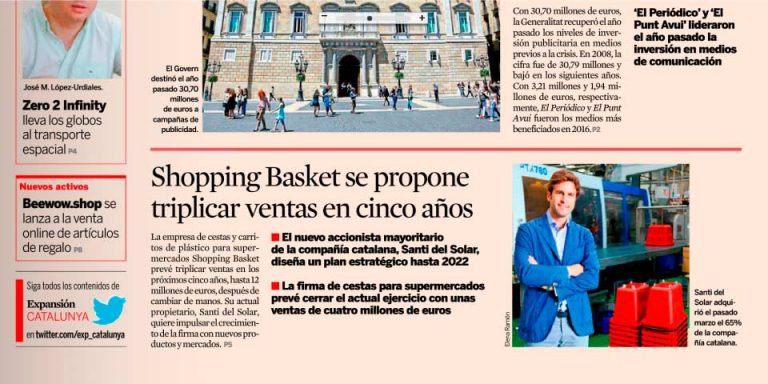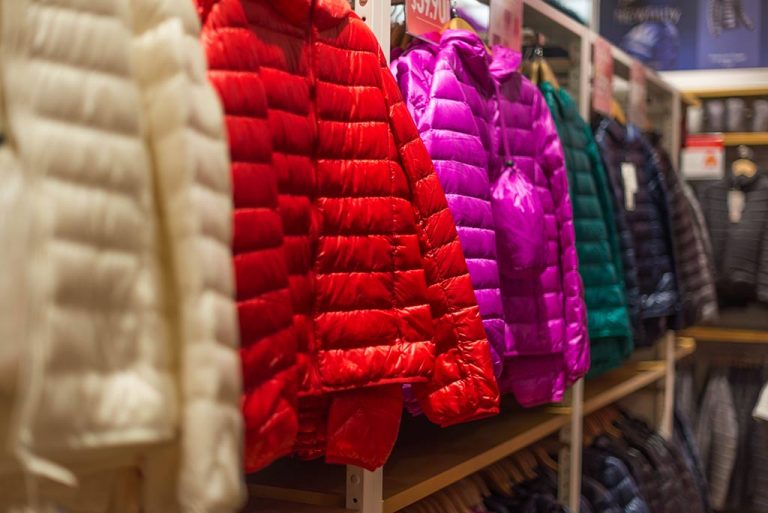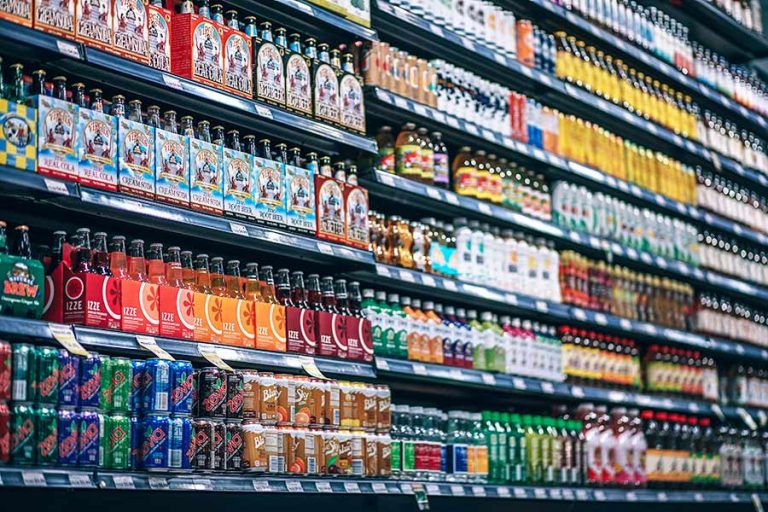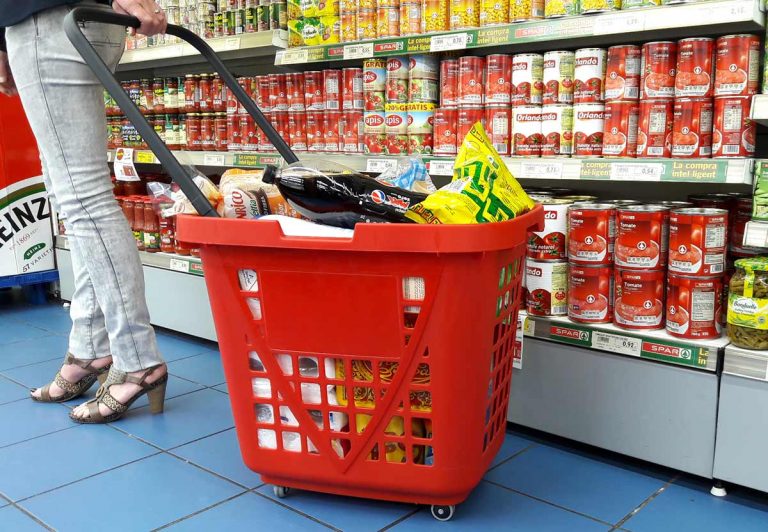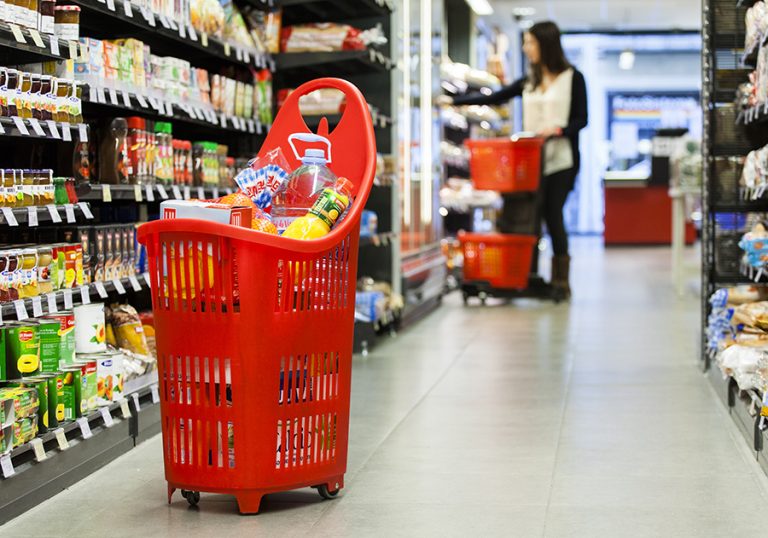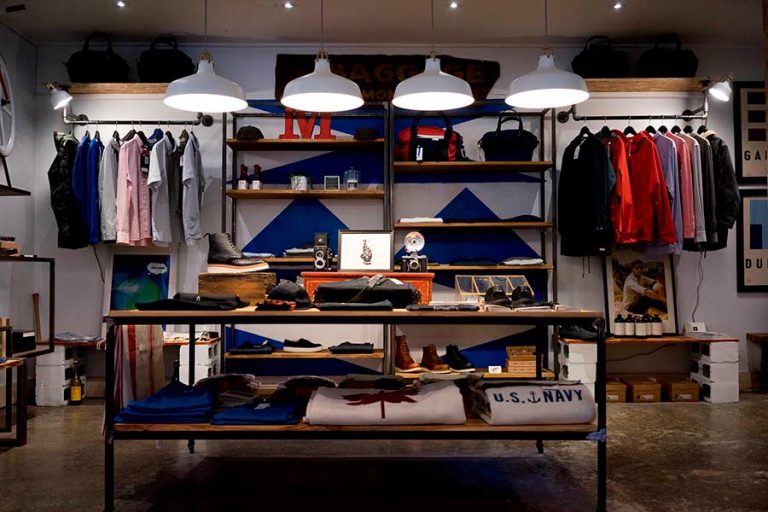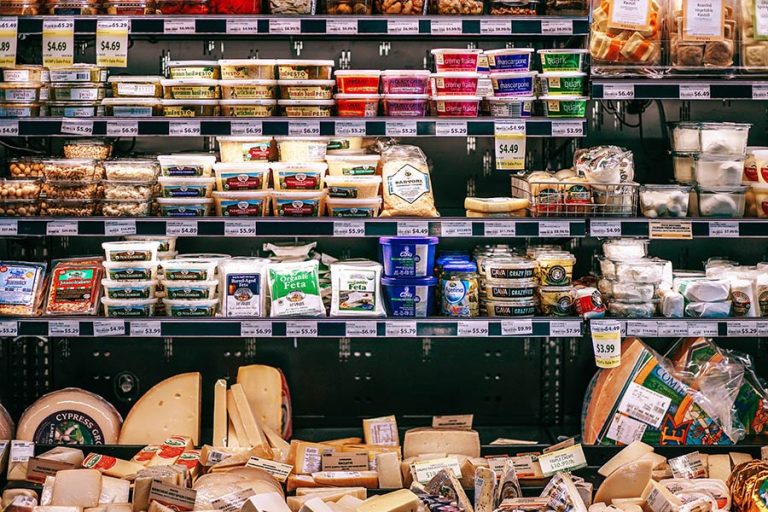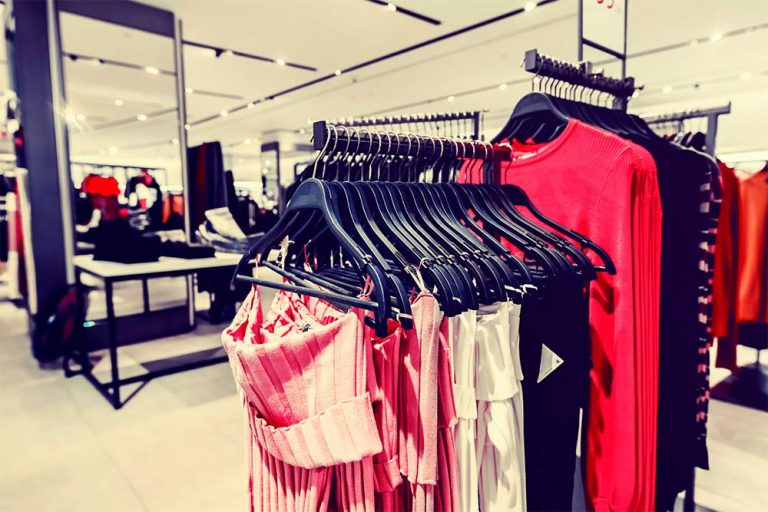Retail sustainability on the rise
Consumers are showing a purchasing behavior in favor of retail sustainability. That is why companies have to adapt to this transformation. To do this, it is necessary to understand what motivates consumers to make decisions. This trend was already showing in 2019 before the global pandemic. However, now it is back and it seems that it will become an expectation instead of an exception.
A recent analysis by the consulting firm Simon Kucher and partners shows how 85% of consumers have become more sustainable in the last 5 years.
Generational Differences
However, this growth is not homogeneous between the different generations.

Sustainable consumption increase in the last 5 years
- Generation Z · 24%
- Generation Y (Milennials) · 34%
- Generation X · 24%
- Baby Boomers · 24%
As we can see, there is an increase in the interest in sustainability in retail. However, the most committed to the cause are the Millennials where 34% choose a sustainable alternative if it is available.
Which sectors worry the most?
The sectors that matter most to consumers in terms of sustainability
- Energy · 74%
- Construction · 66%
- Retail · 63%
- Automotive · 61%
- Finance · 44%

But are they willing to pay more?
Generations Z and Y are willing to pay up to 40% more for ethical and environmentally sustainable products and services. Generation Xers and Baby Boomers are also interested, but less willing to pay more. These generations know that change begins with themselves and they are aware of the natural threats that malpractice for decades is causing to the planet.
Do the big brands already offer sustainable products?
Companies must continue to offer sustainable possibilities that satisfy consumers. In the future, it will surely become a normality that all companies take advantage of. Companies working today to introduce sustainable alternatives will soon become the leaders in their industry. The big brands know this very well, and countless them have totally disruptive options that captivate the public.

Adidas already uses recycled polyester in 60% of its production
Since 2015 it has been collaborating with organizations that respect the environment. In addition, it aims to have all its production recycled by 2024.

MOVE TO ZERO by Nike
With this, initiative, Nike wants to protect sports with a zero carbon footprint and zero waste. They have R&D laboratories for the development of sustainable materials and advice on how to take care of our equipment so that it lasts longer.

THE CONSCIOUS CHOICE by H&M
Since April 2021, H&M has made a line of environmentally conscious products available to its customers. They have manufactured the collection thanks to creating a recycled material based on fruit fibers. The line has at least 50% recycled material based on recycled polyester and organic cotton.

JOIN LIFE COLLECTION by Zara
Zara has also created a line of sustainable clothing where the cellulose fibers come from controlled-growth forests, respecting protected and natural forests. They also save on resources such as water, using less and in a closed circuit to conserve and reuse water.
The vision of the companies
Brands must understand that integrating sustainability into their business model is long-term since the returns will not be immediate. The most favorable thing is that companies incorporate sustainability in their company mission.
The creation of lines of recycled products should consider the environmental impact from the creation of a sustainable supply, through responsible consumption, to its elimination with the reduction of waste and reuse. Furthermore, the necessary energy consumption should be reduced.
Over the next few years, we will see how these initiatives unfold, which seem to have come to stay and establish themselves.


 Sign up for our newsletter and be the first to receive our articles!
Sign up for our newsletter and be the first to receive our articles!